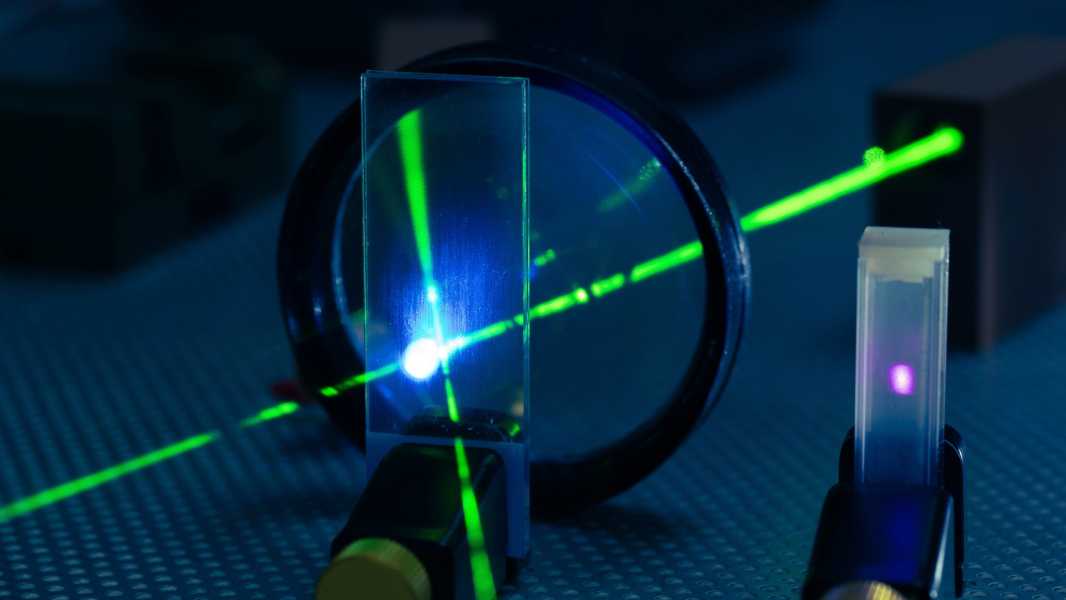
A new study has explored the potential of a new type of blood test to detect cancer. (Image credit: Abraham Gonzalez Fernandez via Getty Images)
New research shows that flashes of infrared light can detect signs of cancer in patients' blood samples.
In a new study, scientists have shown that a test that uses infrared light can distinguish between blood samples from lung cancer patients and those without the disease with 81% accuracy. The findings were reported in a study published April 9 in the journal ACS Central Science.
The new test uses artificial intelligence (AI) and looks for differences in molecules found in blood plasma, the watery part of the blood that carries various proteins and chemicals such as hormones and vitamins around the body.
When blood samples are exposed to flashes of infrared laser light, the molecules contained in the plasma begin to vibrate. In turn, different components of the molecules absorb or reflect the energy of the light pulses, causing them to emit their own unique pattern of light, which can be recorded and interpreted as an “infrared molecular fingerprint.”
The researchers noted that the fingerprints differed between patients with cancer and those without, suggesting that the blood screening method could offer a new approach to detecting cancer.
New blood tests are being developed to help diagnose a variety of cancers, including pancreatic, breast and stomach cancers. Although still in the early stages of development, these tests aim to detect cancer earlier than existing methods and may do so in a less invasive way than traditional tissue biopsies.
“Laser-based infrared molecular fingerprinting detects cancer, demonstrating its potential for clinical diagnostics,” study co-author Michaela Zigman, a scientist at the Max Planck Institute for Quantum Optics in Germany, said in a statement. As it is further developed and tested in larger clinical trials, the approach could improve cancer screening and diagnosis, she added.

New test uses infrared light to detect 'molecular fingerprints' of cancer in blood.
To create the new blood test, Zigman and his colleagues first trained an AI model to recognize differences in the fingerprints of plasma samples from more than 2,100 people. The group included patients with lung, prostate, breast, or bladder cancer who had not yet undergone treatment. For each cancer patient, the researchers
Sourse: www.livescience.com





